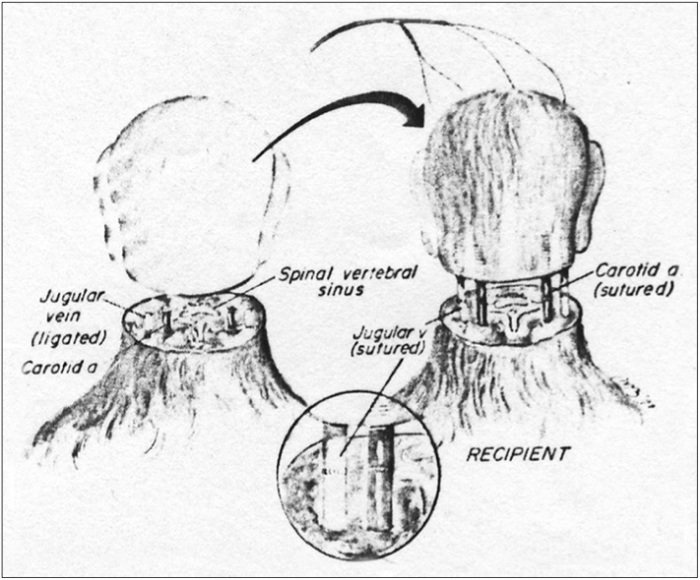Chinese Doctor Preparing for First Human Head Transplant Is 'Unethical,' Says CMDA President

A surgical team's plan to perform the first-ever human head transplant is unethical, says Dr. David Stevens, CEO of the Christian Medical & Dental Associations.
"Believing in the sanctity of life from a biblical point of view, how do you ethically do this?" Stevens asked in an interview with The Christian Post on Monday, noting the procedure's "risk to the patient is just enormous."
"There's no way to ethically do this type of experiment when you haven't proven it in the lab. What happens when it doesn't work? Patient's head has been severed and they're going to die," he said.
Last week, Dr. Ren Xiaoping of Harbin Medical University in China announced his plans to perform a head transplant operation on a human despite hundreds of similar attempts on lab mice ending in failure as each animal died within minutes.
Stevens questioned the ability of Ren and his team to get "true informed consent," given the likely mindset of a candidate for the procedure, which is aimed at helping quadriplegics.
"I am sure there are exceptions to the rule, but people often go through a time of depression and suicidal ideation and all sorts of things after a major accident that makes them quadriplegic," Stevens said.
"And so, it's very easy to prey on people who are desperate for some sort of hope, some sort of cure. I would very much be concerned about getting true informed consent from a patient."
Regarding the nature of the procedure, Stevens told CP he questions why Ren and his team are not considering less controversial ideas.
"If they can do that, then why not just reconnect the spinal cord in the patient that has the quadriplegia?" Stevens posited.
"It doesn't make sense that you can do it with a cadaver and the head of someone else but you can't do it with someone whose has had their spinal cord severed by trauma, and you don't have to worry about having someone's body and all the other medical complications."
Stevens comments to CP come days after Ren garnered international attention for his controversial surgical plans, which according to CNBC are still in the planning phases.
"Ren said he was building a team, that research was underway and that the operation would take place 'when we are ready,'" reported CNBC.
"His plan: Remove two heads from two bodies, connect the blood vessels of the body of the deceased donor and the recipient head, insert a metal plate to stabilize the new neck, bathe the spinal cord nerve endings in a gluelike substance to aid regrowth and finally sew up the skin."
Many medical ethicists have taken issue with the proposed surgery, with some arguing that it is "scientifically impossible," "reckless," or "at best premature."
"The idea for a body transplant is the kind of thinking that has experts around the world alarmed at how far China is pushing the ethical and practical limits of science," CNBC noted. "Such a transplant is impossible, at least for now, according to leading doctors and experts, including some in China, who point to the difficulty of connecting nerves in the spinal cord. Failure would mean the death of the patient."





























